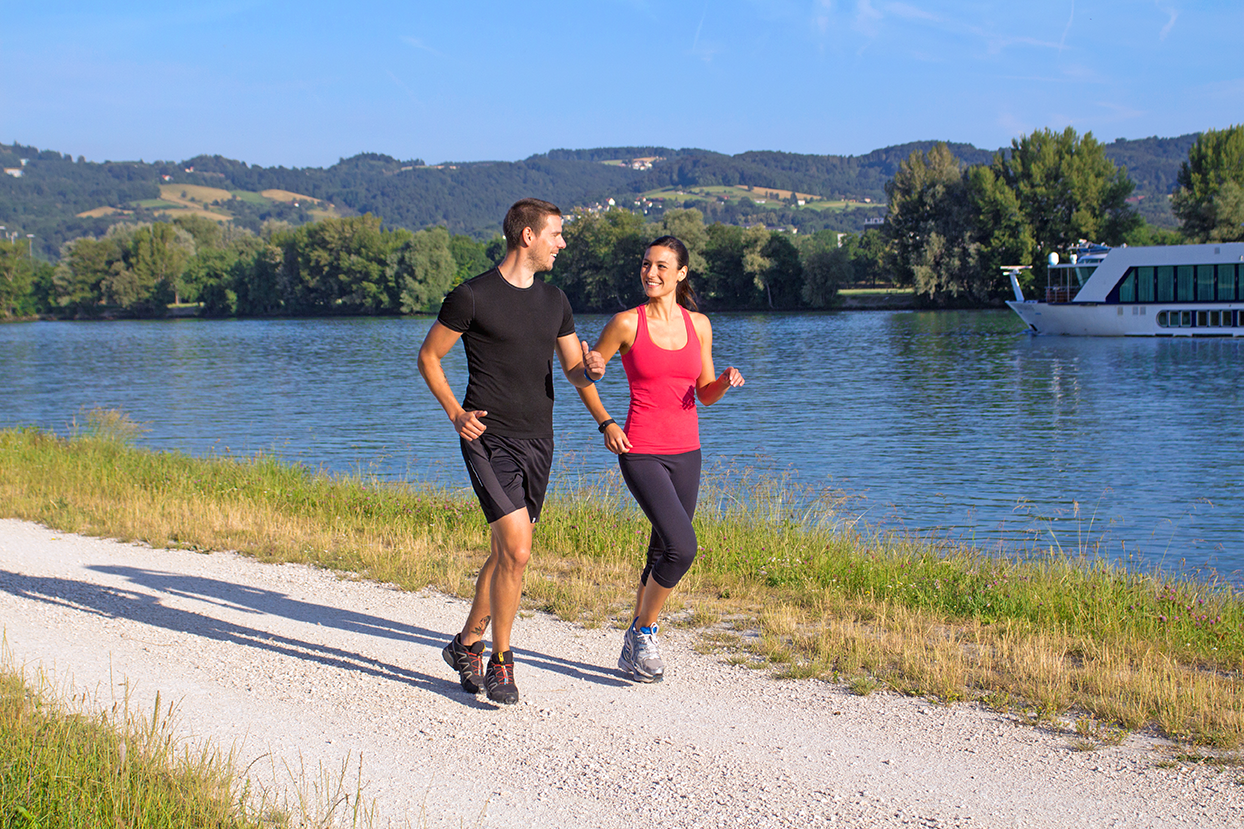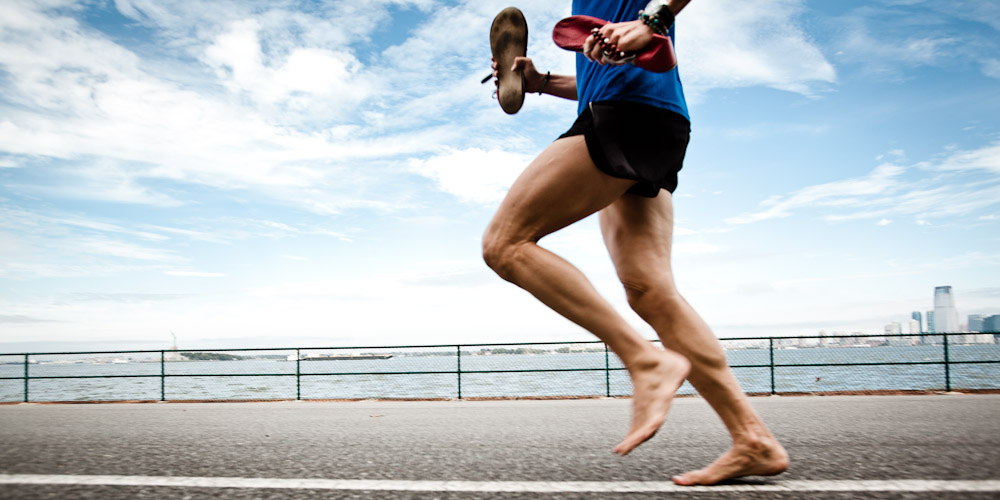It may seem somewhat counter-intuitive. After a hard run or race, we are more inclined to sit back, relax, chill and do nothing. However, what your body really needs after a hard race is for you to go out on a run – the recovery run.
What Is The Recovery Run?
The purpose of the Recovery Run is to facilitate recovery. It is designed to be short and easy-paced and most importantly relaxing. You should not come out of a recovery run feeling exhausted and breathless. Do not defeat its purpose by going any faster than necessary.
The Kenyans know how to train hard, but also know how to recover well. They start off their recovery runs at a 6min/km pace and end at a 5min/km pace. Bear in mind this is given their 3.30min/km tempo run pace. This probably gives you a gauge on how slow a recovery run should be. Recovery runs may seem painstakingly slow, but that is the point of the run – to recover, not to make yourself more tired.
Why The Recovery Run?
It is believed that the recovery run has multiple physical benefits. Firstly it promotes blood circulation and hence increases the rate of removal of waste products in our body. This increase blood flow also helps promote the recovery of the microscopic tears that happen to our muscles. These tears are usually the aftermath of a hard and tough session.
How?
Pick a gentle flat course to do your recovery run. If you’re already having muscle soreness and fatigue, running on a hilly or undulating course may induce even more fatigue. Hilly courses tend to cause your heart rate to spike up which is the opposite of what you want during a recovery run.
Running on soft surfaces such as grass also makes for a good recovery run. You could even go into the trails and go for a leisure hike as your recovery process. Just be sure that it’s a leisure hike, not a tough trail run.

Always remind yourself the purpose of the recovery run – it is to facilitate recovery, not induce more fatigue. You should feel comfortable throughout your whole run. In fact, it is best to do this with a running buddy and be able to chit chat all the way. This is a sure way to ensure that you aren’t going too fast.
Cover Photo Credits: Realbuzz



